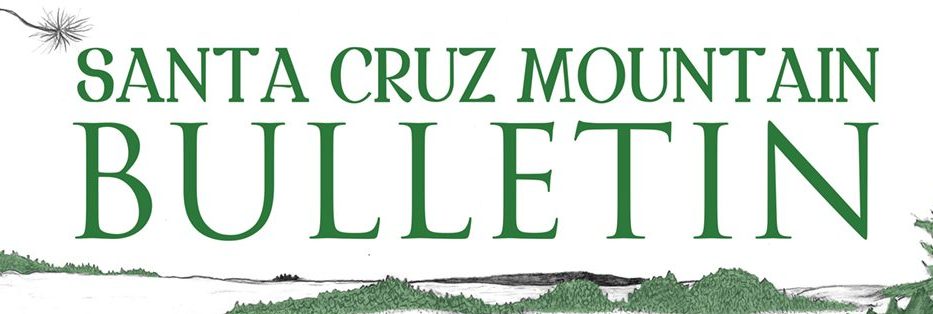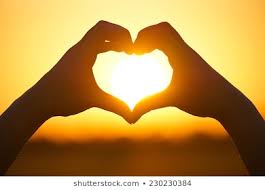By Gretchen Chorjel
I am tired. Each day I reach for something to bring back what used to be my life. First, it was the absolute necessaries, deodorant, soap, shampoo, socks. Cat toys were an early necessity, around the same time as face soap and lotion, shortly followed by a scratching post and more kitty litter. Vodka and wine for those of our little pack who are daily consumers. Coffee from a paper cup every morning. Ice and a cooler and actual glass glasses, set of 4. We ate with plastic forks which we washed in the bathroom sink for reuse. Meals we ate in the boxes they arrived in. More cat toys. I learned that hotel shampoo works reasonably well to shave your legs with disposable razors. Hair clips and ties, a better face wash, shampoo, conditioner, and lotion than the crappy emergency supplies purchased would have to wait, since we had no mailing address to get the products we would normally order online. Shitty makeup would have to do. Virtual meetings several times per day during an evacuation while rooming in a hotel. Yes, shitty makeup is necessary.
Then we stopped worrying about if the house would make it through this raging firestorm. No more text threads to constantly monitor, no more of the latest maps showing hot spots, no more waiting for a video to be posted on Instagram. No more 6:00 KPIX updates from CalFire. Our house was gone, taken by the torch of fire streaming up the gully from Highway 9 to the top of Galleon Heights straight to our house, storage barn, and storage shed. The firemen and crews could not stop this fire, and maybe they weren’t even there, as the limited resources were called to help save Ben Lomond from harm. Stopping the crossing over highway 9 was the priority. But part of the fire spent itself on our house. Our lawns and the wide streets broke the line and spared all the other houses in our neighborhood, save one that was at the top of the other gully which came straight up the mountain from 236. Again, the wide streets and large yards helped firemen spare all the other houses from the fires that our homes fed.
We had a fire hydrant right in our intersection, 15 feet from our yard.
I think our house burned in a rage of fire during the middle of the night. It was a writhing and circular flamed fire, if that makes any sense. I felt it wrack my whole body the morning before the night it actually succumbed. I felt intense pain in every part of my body and struggled to breathe for hours, with the clear knowing that we didn’t have our home anymore. That Bud Morningstar was there to give our house one last blessing and ushered it into the universe. Though his statue, made of wood, still stands, unscathed in the middle of all three structure fires that was on our property, I believe his spirit also left with the house.
The day they lifted the evacuation order from our area, my daughter and I traveled there from the upgraded hotel we managed to get into since now we knew we were in this for the long haul. It happened to be the day that turned to night. By the time we arrived in Boulder Creek, car lights were necessary, and at “home” when we got out of our car, crickets. Day was night and home was wrecked. The smell was intense and overwhelming. We used the car lights and the lights from our phones to make our way around. Twisted metal, an ash pile seemingly 3 feet thick. As I walked around the ash pile, looking for every plant, tree, flower, herb, and bush that I knew personally and had been caring carefully for, for decades, I realized how much was lost. All the living things were either killed or at best extremely harmed. The tomatoes, red, while the plants themselves were dead and crunchy. Half the lemon tree scorched and dead, and maybe the other half survived. All the new plants and old plants, old trees, and a couple new ones. No more. These living things were under my care for so long. This broke my heart. The eucalyptus trees that were supposed to have exploded in the event of a fire, perfectly fine, unharmed, standing.
Others would return to their home to face the long cleaning process, somehow to undertake without clean water, without power. But, with hope. Gradually, within weeks, they could settle back into their community, which would be there for them in whatever ways possible. They could thank the tremendous efforts of the firemen, they could reach out to their neighbors and help and support them by just hearing each other’s stories. They could gasp in their sense of gratitude that they had their homes to return to. They could, once again, band together in the small town community, look into each others’ eyes and know they are strong. They can survive. They are SLV tough and they are survivors. They could stare down the mouth of the dragon, and come out whole.
We are not all whole. The fire drove thousands of residents from over 900 homes out of the mountains and out of her community. People who have lived in her care for decades and planned to die there in their old age. People who grew up there, and know no other place to call home. People who have been part of the fabric of that strong, tough, small town-survivor community, who made it through the floods of the early 80’s and again in 2017. People who have happily patronized all of the small businesses in the valley towns, and people who have chopped fallen trees apart, so cars can pass and get to work on time. People who have watched over their neighbors homes, and called police if necessary, to protect their neighbor’s belongings. People who have donated hundreds, if not thousands, to local causes. People who have provided healthy community gatherings and sponsored children and schools that are in constant need of funding. People who have paid taxes and voted to have their taxes increased to help schools, fire stations, and libraries. People who have been law abiding home owners, who once belonged in the mountains, but the fire kicked us out.
We can’t go to the stores to get what we need. Big towns and cities are full of traffic and stores that don’t have the items we want to buy. We can go to 10 stores and not get what we could have bought within two blocks of shopping in our small town of SLV. We can’t look around us and know that everyone we see also went through what we went through. We can’t be seen or understood for what we have gone through and are still going through. We are anonymous strangers in a strange land, who were kicked out of our home and community through no fault of our own.
And we are doing all of this during COVID-19.
There is a story to be told about how this community survived the great fires set off by the eery dry lightning storm of August 2020. There is a story of bravery, humanity, courage, strength, solidarity. Its face is carved in these mountains and her people. It is a story of triumph, incredible hard work, gratitude, cooperation, love, and yes, luck. That story will continue to be told for decades to come. And some of us will not get to be there to hear it told. Some of us don’t get to feel the same gratitude, or reflect back to others that image of the small town heart in a small town community, in a place they used to call home.
So, I ask on behalf of the outcasts, please don’t forget about us. The winds of luck and change are certainly unpredictable, even by the best weathermen and equipment. While it might be hard to look at us and see that it could just as easily have been you, please don’t look away. We are strong, too. We have the hearts of a small town community. We know what you have been through. We were looking forward to the next time there could be a Fourth of July parade in Boulder Creek again. We were excited to visit the new library in Felton, and we know what it’s like to get through power outages that last for days.
Most of you know some families who lost their home. Call them. Reach out to them. All of them. More than once. Be the long arms of the community you still have close to you. Expand and extend yourself. Be courageous. Offer a home cooked meal. Don’t forget us.
One day it might be you, too.
And you will have friends that will know exactly how you feel.

